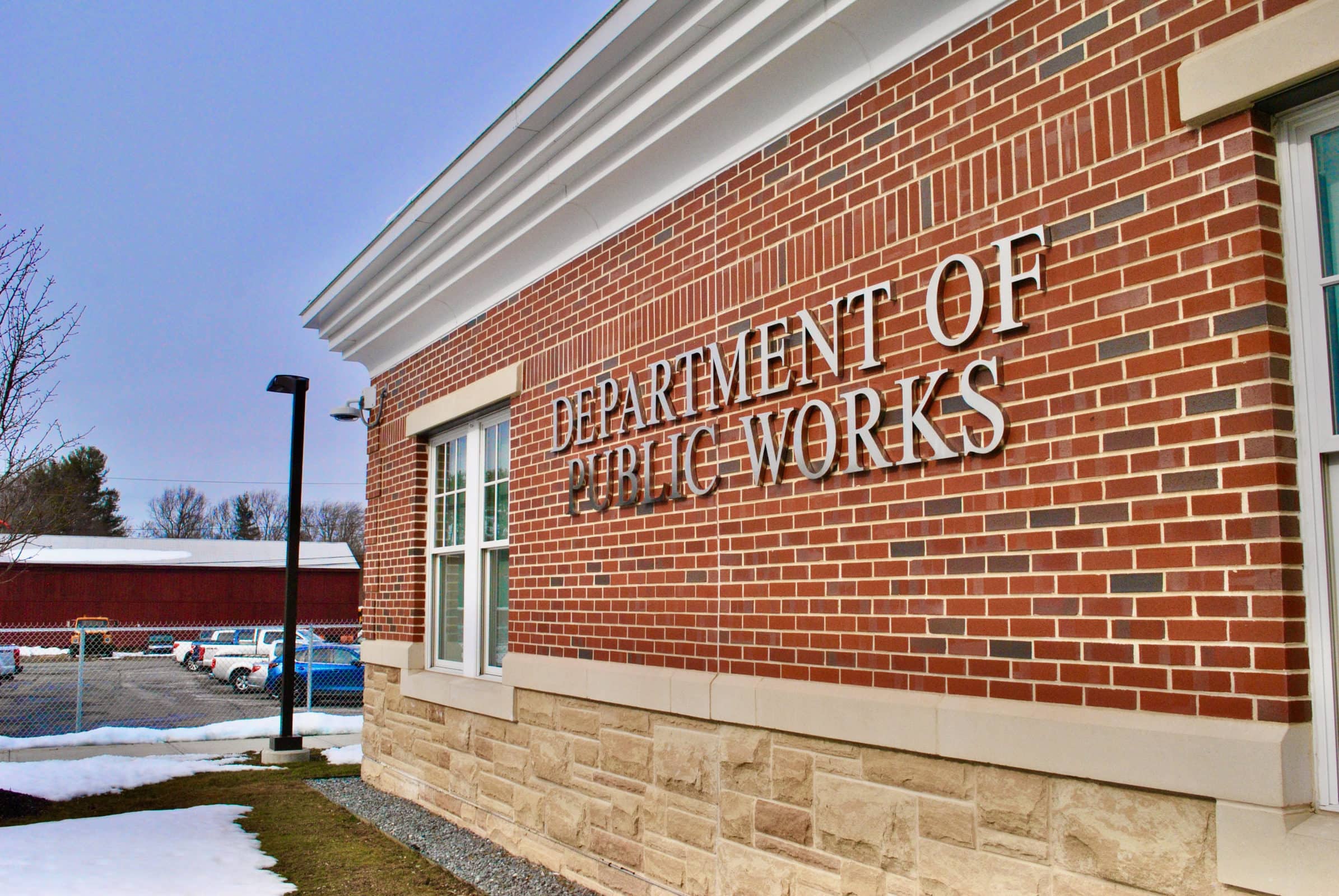
HUDSON – In the beginning of December, the town of Hudson Wastewater Treatment Facility and Main Street Pump Station began the process of undergoing upgrades as part of Phase 2.
The first phase was completed in 2011. The current upgrades were based on recommendations made in a 2020 facility evaluation report conducted by Wright-Pierce, the engineering consultant for the town.
“This helps determine what equipment will be upgraded or replaced,” Department of Public Works Director Eric Ryder said.
The town awarded the contract to complete the Phase 2 upgrades to Daniel O’Connell’s Sons, of Holyoke.
The Phase 2 upgrades were financed with the Massachusetts Clean Water State Revolving Fund under the project number 6924, and the program is managed by the Massachusetts Department of Environmental Protection with support from the U.S. Environmental Protection Agency and the Commonwealth of Massachusetts.
RELATED CONTENT: Hudson wastewater treatment plant to get $18 million in upgrades
According to the town’s website, the project consists of the complete replacement of the existing pumps in the Main Street Pump Station, with new piping, valves, standby generator and overall building improvements.
As for the treatment facility specifically, the upgrades that will be implemented are new mechanisms for the circular clarifiers, upgrades to the sludge system and main lift pumping systems. There will also be upgrades to the aeration system, including replacement of the mechanical surface aerators and replacement of ferric chloride and sodium hydroxide chemical pumps.
Circular clarifiers are used to separate suspended solids from a liquid in the wastewater treatment process, as defined by saVRee. The aeration system is the process in which air is circulated through a liquid and biologically treats the wastewater to reduce biological oxygen demand, according to a Find Insights article.
Ryder said the process to implement the upgrades, which will include the electrical systems, chemical pump and sludge system, will be approximately 18 to 24 months.
When the upgrades are complete, there are no immediate plans for another phase as “we evaluate the system periodically,” said Ryder.
He said, “We always are diligent in seeking grant funding.”
As the project started “just before the new year,” Ryder noted they are looking forward to keeping the upgrade project on track over the 18 to 24 months that it is slated to take place.












